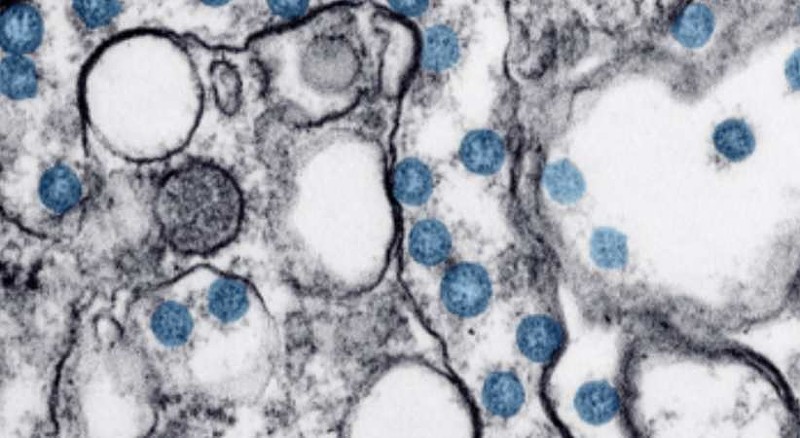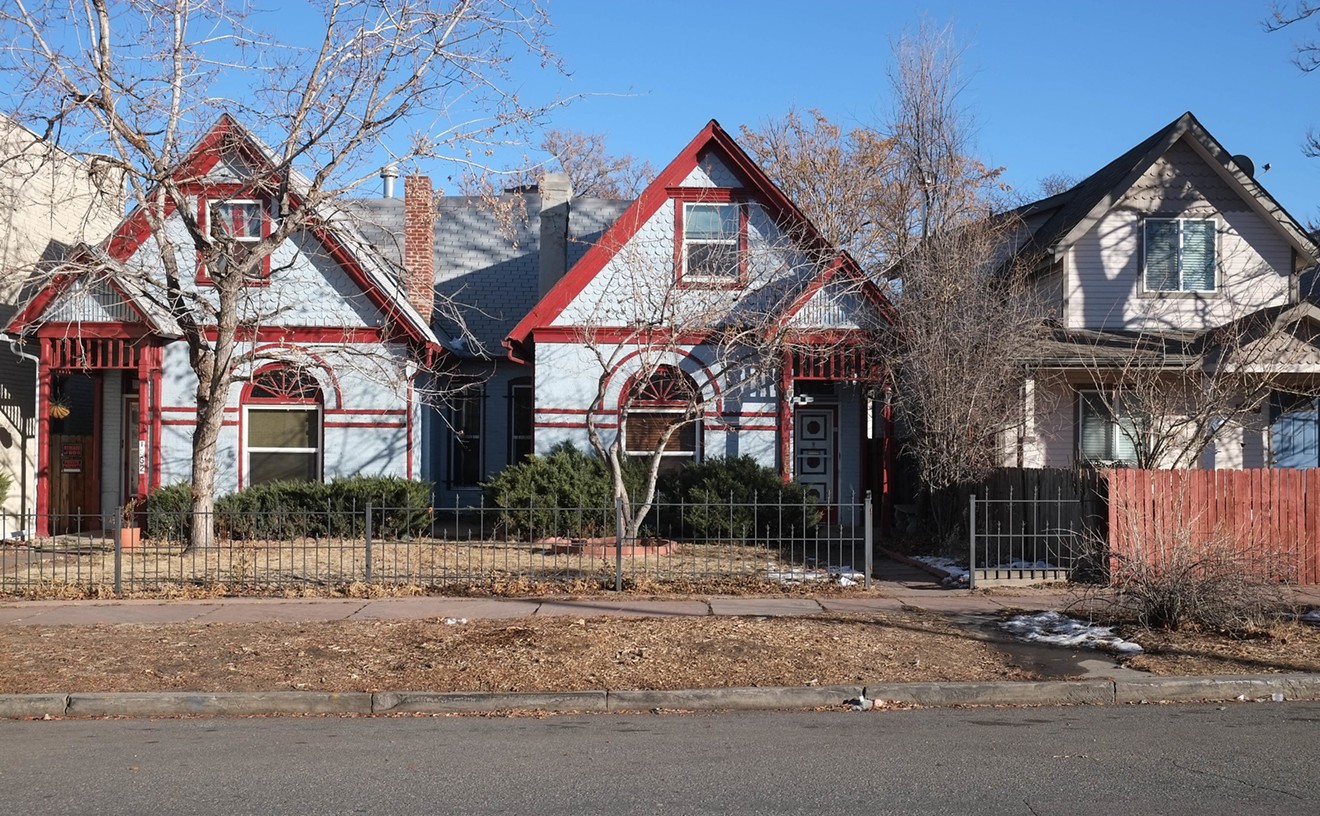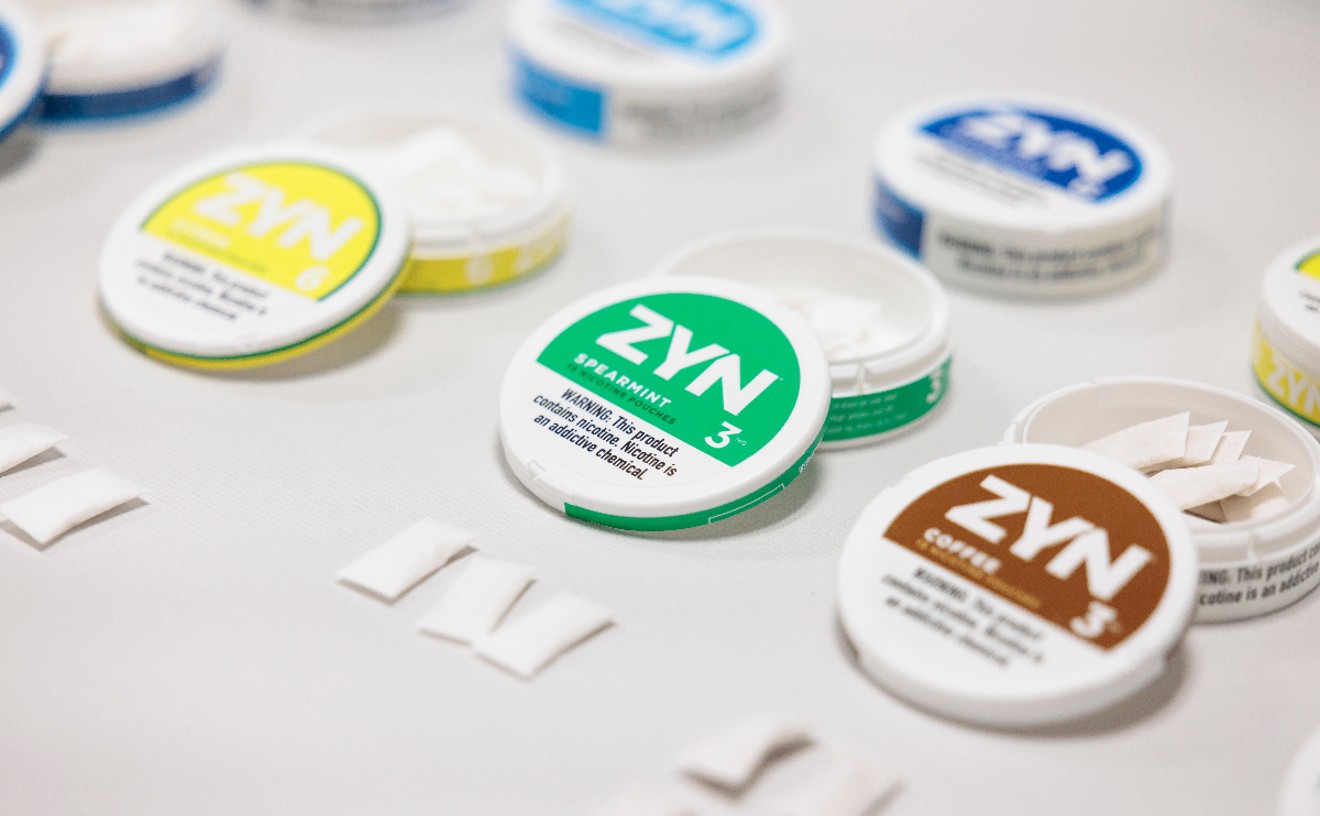Meanwhile, on March 30 Governor Jared Polis said that it's likely Colorado students won't be back in their classrooms for the remainder of the 2019-2020 school year — but during a national TV appearance late that night, he resisted the temptation to announce an extension to his current stay-at-home order, which expires April 11, despite a new edict in Virginia that will last until early June.
The health department survey results released March 28 were based on questions put to nearly 45,000 Coloradans between March 22 and March 24, prior to the stay-at-home order. At that time, 72 percent of those quizzed said they were "very concerned" about COVID-19 — but only 59 percent of those between the ages of eighteen and 29 were in that total.
Other results:
• Nearly 90 percent of respondents think it’s somewhat or very likely that they would get sick from the novel coronavirus.The survey found that 11 percent of the respondents had already suffered a reduction of hours on the job, 9 percent had temporarily lost employment, and 1 percent were out of a job permanently.
• Half (50 percent) of the respondents have a combination of symptoms indicative of generalized anxiety over the last two weeks.
• 97 percent are washing their hands with soap and water more frequently.
• 96 percent are avoiding large gatherings.
• 70 percent are working from home.
• 35 percent are stockpiling food and other household items.
Three of four individuals surveyed said that they would try to get tested if they knew they'd been exposed to the virus or began exhibiting symptoms. Of those who said they wouldn't get tested, more than half said they doubted they qualified under the criteria for testing, and 3 percent conceded that they thought "the virus isn't that serious."
On March 30, the CDPHE unveiled a new testing strategy based in part on resource shortages. "Right now, due to limited supplies of testing kits and personal protective equipment, testing needs to be focused on the people who are the most at-risk from this disease and the people in charge of caring for and keeping the rest of us safe," said Scott Bookman, the department's COVID-19 incident commander, in a statement on the strategy. "It’s important to protect the most critical element of the health care system. We are working hard to get the supplies and capacity to move to broader public testing, but until then our message remains the same: if you have only mild symptoms, self-isolate and don’t wait for a test."
Against this backdrop, the CDPHE announced a three-tier system for determining those most in need of testing. Tier 1 consists of "hospitalized patients" and "health-care workers with symptoms." Tier 2 comprises "patients in long-term care facilities or other residential settings such as homeless shelters or correctional facilities with symptoms," "patients over age 65 with symptoms," "patients with underlying conditions with symptoms," "first responders with symptoms," "critical infrastructure workers with symptoms" and "people with symptoms who work with vulnerable populations or in group residential settings." Tier 3 includes "other individuals with symptoms."
Under present circumstances, the CDPHE concedes that "not everyone with symptoms will be tested right away," so those who start exhibiting minor fever, cough or shortness of breath should immediately self-isolate for at least seven days until the conditions resolve themselves; they should inform a health-care provider if the illness becomes more severe.
During the question-and-answer portion of his March 30 press conference from the Emergency Operations Center, Polis said that school districts across the state are preparing for the possibility that the remainder of the academic year will be based on remote learning, and suggested that such an eventuality is "very likely." But during a subsequent appearance on the MSNBC program The 11th Hour, he didn't budge from the April 11 end date for his stay-at-home order, despite a significant push from host Brian Williams.
Polis's appearance is not yet available on video, but it's included in the 11th Hour podcast. The segment starts at around the 19:40 mark:
Earlier in the program, Williams and his guests discussed remarks by White House coronavirus response coordinator Dr. Deborah Birx, who predicted between 100,000 and 200,000 deaths in the United States from COVID-19 "if we do things almost perfectly." In this context, Polis, whose image was captured by a web camera that appeared to be shooting through the bottom of an unclean jar, used some of the same verbiage he's shared in his addresses to Coloradans, including "This is going to get worse before it gets better."
Polis acknowledged that some data suggests that the spread of the virus has been slowing in Colorado, doubling every five days or so rather than in two days or fewer. But COVID-19 cases were still "increasing rapidly," he said, with over 400 people in the state hospitalized. He again underscored the state's preparations for more hospital space and beds, and the need for many additional ventilators for when the crisis peaks.
In a shot at less action-oriented officials, Polis then said, "No matter where you live in the country, you should stay at home unless it's absolutely necessary to go out, whether your mayor or governor has ordered it or not."
Shortly thereafter, Williams noted that Virginia Governor Ralph Northam, who's also a medical doctor by training, had just enacted a sweeping stay-at-home order that will remain in effect until June 10. In light of this move, Williams wondered if Polis might start "sneaking forward" the date of his own stay-at-home order to more closely match Northam's.
Instead, Polis replied, "I don't know if anybody has a crystal ball telling us it's going to be April 30 or May 10 or even later" before stressing that "more people need to get back to work and get back to earning a living" — a response that didn't seem to please Williams, who brought the segment to an abrupt end.












